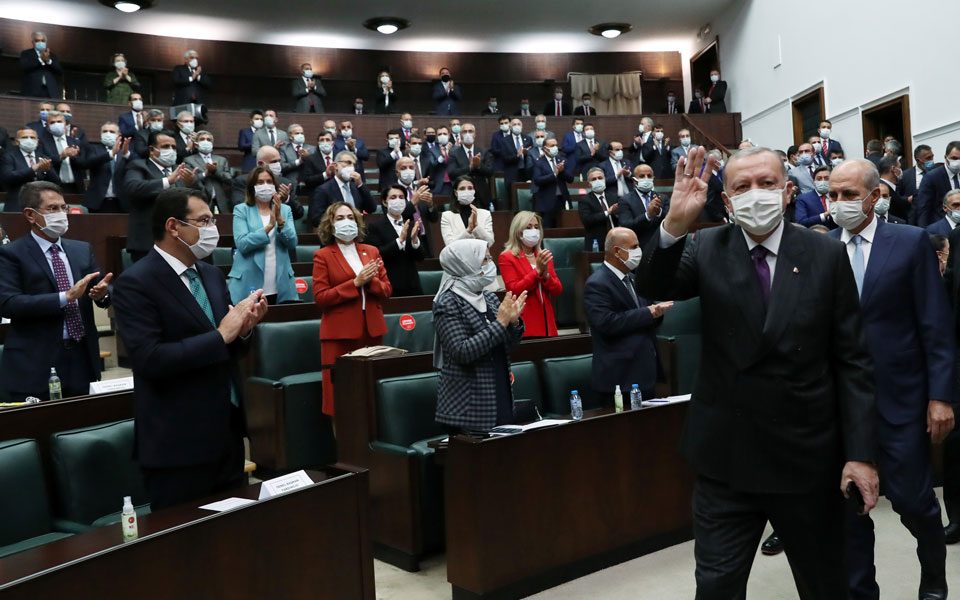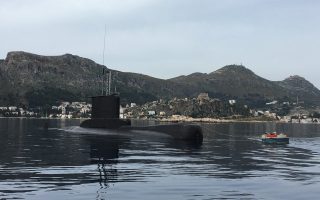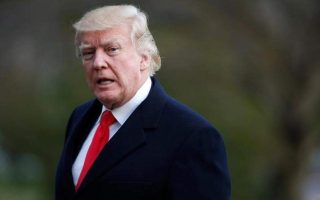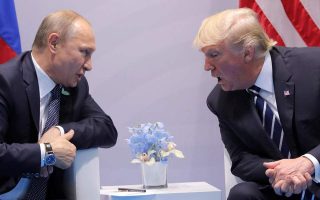Level-headed strategy

Officials in Athens are naturally worried by the fresh areas of tension that Turkey has opened up, in a quite an aggressive fashion, across the Eastern Mediterranean region.
Turkey’s policies under the guidance of strongman Recep Tayyip Erdogan have generated widespread concern in Greece. That said, certain observers were hardly surprised by recent developments. In fact, they anticipated an escalation of tension off Cyprus’ coast, as well as the hardening of Turkey’s stance toward its neighbor Greece.
Signs of such an escalation have been increasing for the past two years. Ankara’s policy shift started with the exploration operations conducted by Turkish seismic research vessel Barbaros. This was followed by tension around the eastern Aegean Imia islets and then by the Turkish naval blockade obstructing exploration in Block 3 inside Cyprus’ exclusive economic zone (EEZ). We also saw a significant verbal escalation, which was usually attributed to Turkey’s domestic affairs.
These very significant developments were very often treated as snippets of media content, without prompting the necessary discussion on a political and social level.
Reacting to Neville Chamberlain’s policy of appeasement towards Hitler’s Germany, Winston Churchill has often been quoted as saying of Britain’s former conservative prime minister that he “saw foreign policy through the wrong end of a municipal drainpipe.”
Could history have taken a different course so that Germany did not invade Poland and trigger World War II (in Europe, that is, as in China the war had already started with Japanese expansionism and the displacement of populations)? The answer, probably, is no. But the point is that Chamberlain did not grasp the magnitude of the crisis and naively believed that Britain could keep itself out of the continent’s troubles.
One cannot, of course, draw parallels with Greece’s current situation. However, the incumbent leftists and their potential successors at the helm of the country ought to ask themselves if they are actually reading the signs of the times in a way that allows meaningful conclusions and predictions; or if they are simply allowing themselves to be steered along by developments.
Greek foreign policymakers need to be serious and level-headed. But they also have an obligation to hammer out a long-term strategic plan so that the country does not end up a passive bystander watching developments which, as everything seems to suggest, will result in a radical shift in the balance of power in the Eastern Mediterranean.





